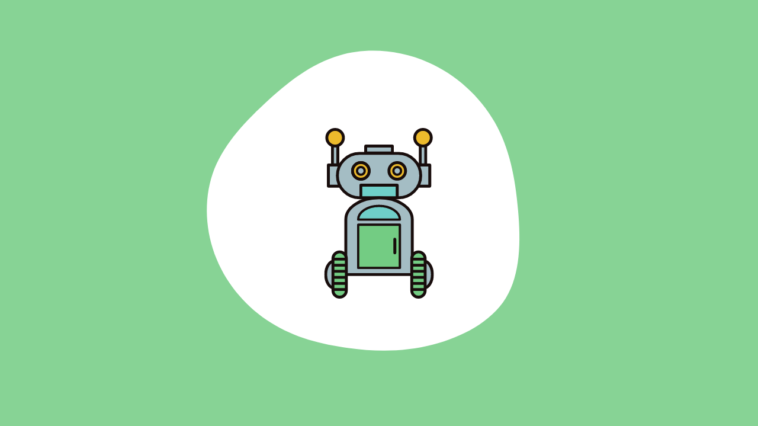Artificial intelligence (AI) software is becoming increasingly common in various industries, and it has the potential to contribute significantly to environmental sustainability. As we face the reality of climate change and other environmental challenges, it is critical to find innovative solutions to protect the planet’s natural resources.
AI software can help us achieve this goal by providing a more accurate understanding of the environment, identifying areas for improvement, and enabling more efficient and sustainable use of resources. In this article, we will explore the role of AI software in environmental sustainability, discussing its potential contributions to various sectors and highlighting successful case studies. We will also examine the challenges and limitations of AI software in this area and consider its future outlook.
The Role of AI Software in Environmental Sustainability
AI software has numerous applications in environmental sustainability. Here are some of the key areas where AI can make a significant contribution:
Environmental monitoring and analysis
AI software can help monitor and analyze environmental data, such as air and water quality, biodiversity, and weather patterns. By using machine learning algorithms, AI software can process vast amounts of data to identify patterns and make predictions. This information can then be used to inform policy decisions and guide sustainable resource management.
Energy efficiency and renewable energy
AI software can optimize energy use and increase the efficiency of renewable energy systems. For example, it can analyze energy consumption patterns to identify areas for improvement, manage energy storage systems, and optimize solar panel placement and maintenance.
Waste management and recycling
AI software can improve waste management systems by identifying ways to reduce waste, improve recycling rates, and reduce landfill usage. It can also identify materials that are not recyclable and help with their proper disposal.
Sustainable agriculture and forestry
AI software can improve agricultural and forestry practices by providing insights into crop health and growth, identifying areas for sustainable forestry, and monitoring biodiversity.
Environmental education and awareness
AI software can also help raise awareness about environmental issues and educate people about sustainable practices. It can provide personalized recommendations for sustainable lifestyle changes, and help organizations and individuals track their environmental impact.
Case Studies: Successful Implementations of AI Software for Environmental Sustainability
AI software for air pollution monitoring in China
China has some of the highest levels of air pollution in the world, and AI software is being used to address this issue. The Beijing Municipal Environmental Monitoring Center has developed an AI-based system that can predict air quality with high accuracy. The system uses real-time data from 35 monitoring stations across Beijing, and its predictions are used to inform pollution control measures and alert the public to hazardous air quality levels.
AI software for smart irrigation in California
Water is a scarce resource in California, and the state has been using AI software to manage its irrigation systems more efficiently. The California Irrigation Management Information System (CIMIS) uses AI algorithms to analyze weather data, soil moisture, and crop water use to optimize irrigation schedules. This has led to significant water savings, improved crop yields, and reduced energy costs.
AI software for predicting weather patterns in Africa
In Africa, AI software is being used to predict weather patterns and improve disaster preparedness. The International Research Institute for Climate and Society (IRI) has developed a system that uses AI algorithms to predict droughts and floods in sub-Saharan Africa. The system combines data from satellite imagery, weather stations, and ground observations to make predictions that are accurate up to six months in advance.
AI software for tracking illegal deforestation in the Amazon
Deforestation is a significant environmental issue in the Amazon, and AI software is being used to monitor and prevent it. The Rainforest Connection has developed an AI-based system that uses acoustic sensors to detect the sounds of chainsaws and other signs of illegal logging. The system can alert local authorities in real-time, enabling them to take



